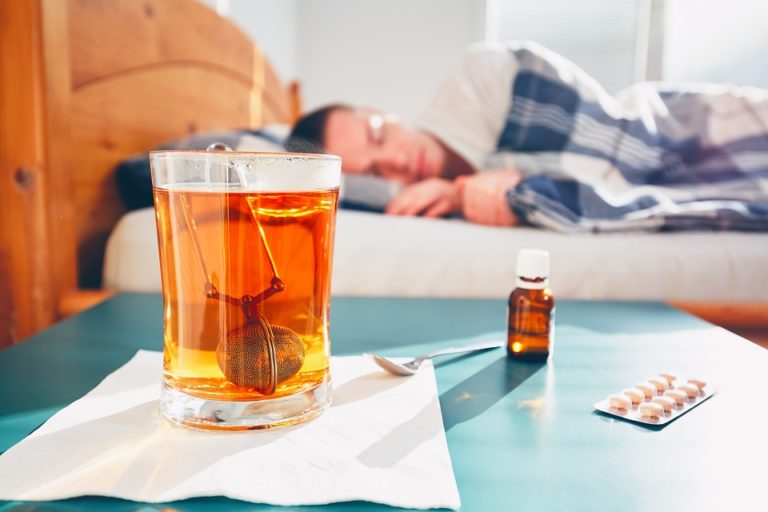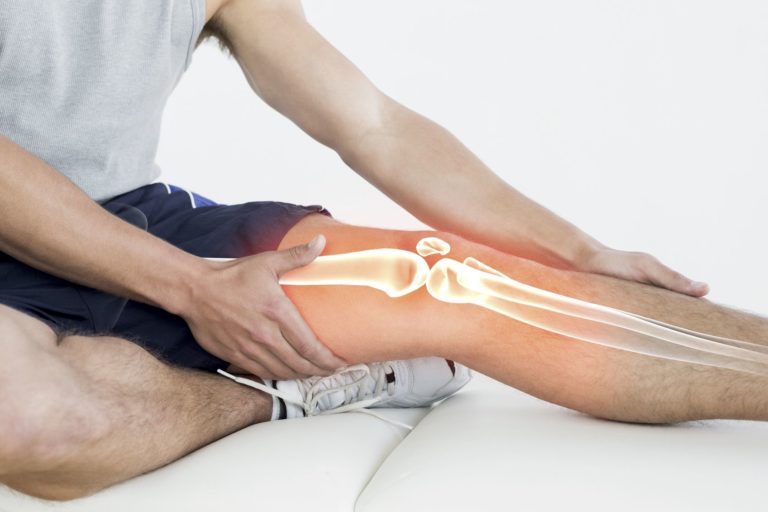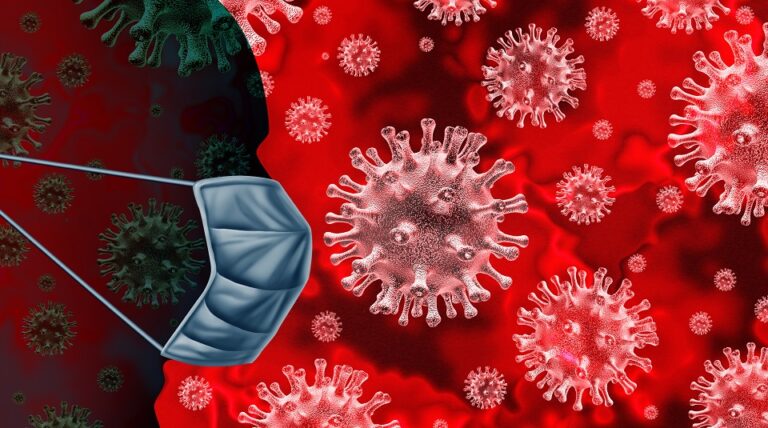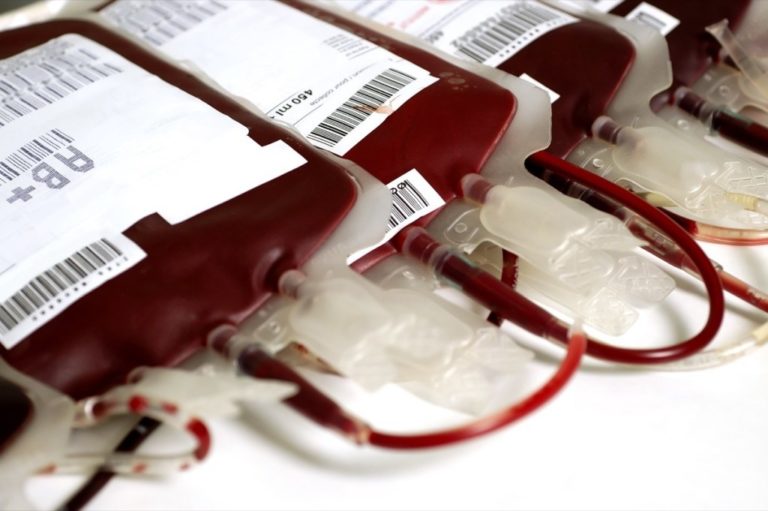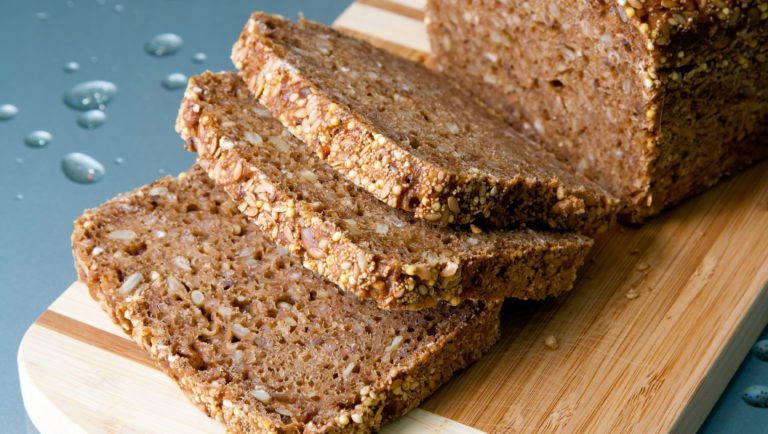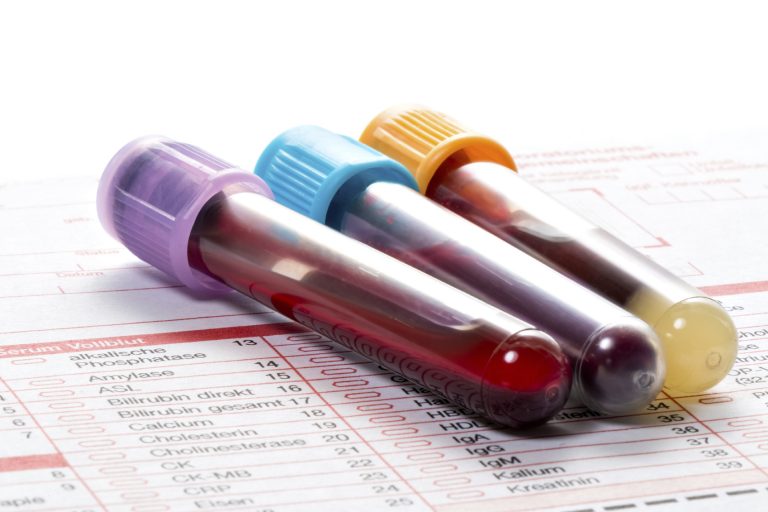
That stiff neck feeling is a literal pain in the neck. But luckily there are some ways to ease the pain, right from your own home.
Give your neck a gentle stretch
There are a number of neck exercises that can help to relieve the pain of a stiff neck. Shelly Coffman, a physical therapist at 360° Sports Medicine and Spine Therapy in Portland, OR, recommends the following to get blood flowing and relieve inflammation: Lie down flat, with a rolled towel or partially-inflated beach ball behind your neck. Rotate your head slowly as if saying “no.” Then nod your head slowly as if saying “yes.” Do two sets each of 20 reps, two to three times a day.
Another move: While sitting in a chair, bring one arm across your body toward the opposite hip and hold that hand with your other hand. Keeping your head and body facing forward, bend your ear toward the same shoulder as your hands. Hold for 10-15 seconds. Repeat three to five times on each side, once or twice a day.
Another chair exercise: While sitting in a chair, grasp the bottom of the chair with one hand. Tilt your ear toward the opposite shoulder, using your other hand to gently pull your head down to increase the stretch. Hold for 10 to 15 seconds. Repeat three times.
Apply hot and cold compresses
Applying heat to your stiff neck helps to relax the muscles and bring fresh blood to the sore spot, Coffman says. You can get the heat you need with a heating pad set on low or a warm washcloth. Alternating with a cold compress helps to numb the pain and bring down inflammation.
You can alternate between hot and cold for up to 10 minutes at a time of each, several times a day and up to every hour if you’re experiencing a lot of pain. If you are feeling a lot of pain—not just stiffness—stick with the ice, cautions Coffman. Heat can make pain worse by increasing inflammation.
Break out the meds
Anti-inflammatory drugs, like Advil or Motrin, can be quick-acting stiff neck remedies. These over-the-counter drugs work by reducing inflammation, so you can feel better fast, according to the U.S. National Library of Medicine. Tylenol does not confer the same anti-inflammatory benefits, but it can help with pain management. However, all drugs, even over-the-counter drugs, have risks, so be sure to discuss these medications with your pharmacist or doctor first.
Take a soak
A warm Epsom salt bath does double duty as a stiff neck remedy. The warm water from the bath helps to relax and sooth the muscles, while the magnesium and sulfates in the salt help to reduce inflammation and improve blood flow and oxygenation, according to the Cleveland Clinic Foundation. “Put 300 grams of Epsom salt into a bathtub filled with hot water. In just 15 minutes, you will start to experience the mental and physical benefits of Epsom salt,” experts at Cleveland Clinic write.
Walk it out
It may seem counter intuitive, but low-impact exercise, like walking, is a great stiff neck treatment. Exercise helps to circulate oxygen through all the soft tissues—including in the spine—which helps with the healing process. “Just like when you’re sore from exercise—the best thing you can do is to do a little bit of easy exercise,” says Coffman. Be sure to avoid jerking or painful activities though.



